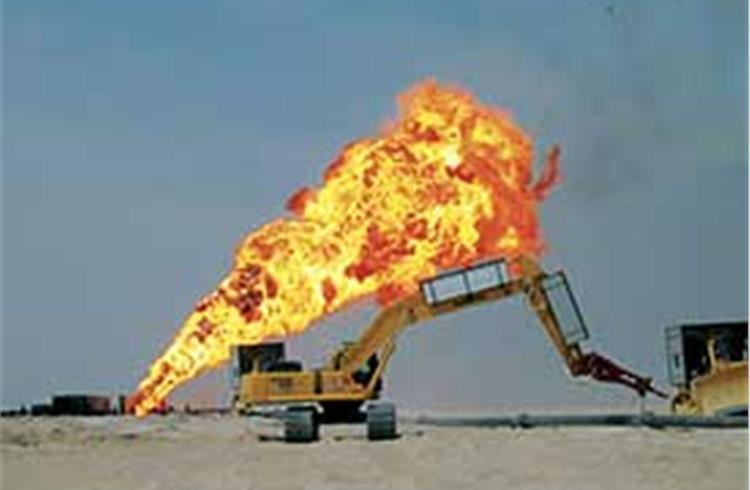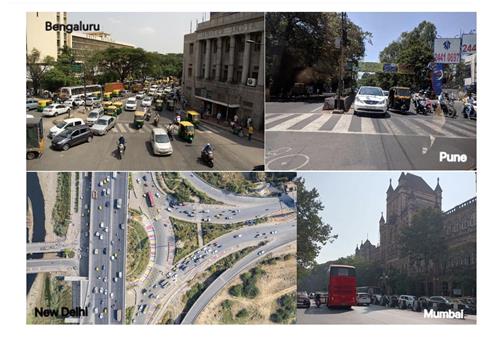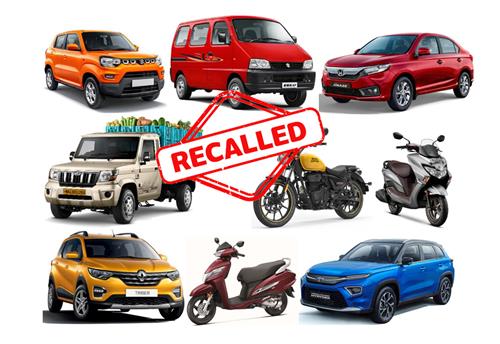Why the oil will never run out
We’re running on fumes, say the doomwatchers, but industry expert Vijay V Vaitheeswaran reckons there is still plenty of gas left in the world’s tank.
So will the impending global petroleum shortage at last end the world’s addiction to oil? Don’t bet on it. The world may yet move beyond petroleum, but it will happen for reasons other than scarcity. That is because there is no real shortage of global oil reserves. In fact, there is good reason to think that there is enough conventional oil in the ground to keep the world’s motors humming for decades yet. And if the vast reserves of unconventional oil (such as Canada’s mucky tar sands, which can be converted to petrol at great environmental expense) are taken into account, then petrol could be flowing throughout the 21st century.
Hang on a minute, say the petro-pessimists, surely the jump in oil prices (from $10 a barrel in 1999 to above $60 a barrel during 2005) is a sign that oil reserves are peaking?
Actually, no. The recent run-up in prices is due to unexpectedly strong growth in oil demand (especially in China), fears about terrorist attacks on vital oil infrastructure (especially in Saudi Arabia), and the unprecedented lack of spare oil production capacity. The good news is that today’s high prices are already mobilising market responses that will slowly alleviate the current crunch. Even so, the world may yet kick its addiction to oil because of two other important factors.
The real trouble with oil arises not from scarcity but concentration and carbon. Two-thirds of the world’s known reserves of conventional petroleum are found in only five countries: Saudi Arabia, Iran, Iraq, Kuwait and the United Arab Emirates. This tormented and undemocratic corner of the world is a risky foundation on which to build the future global economy. And the risk of disruption or politically inspired chaos will only grow, for the petro-pessimists are right in that non-OPEC oil will begin to peak and start to decline in the coming decade or so. That is why official forecasts predict that the production and market share of those countries in the Persian Gulf will soar in the next two decades — and with it, the stranglehold that the OPEC cartel could have on the world economy.
Geo-political concerns alone are enough to justify a phased reduction of reliance on oil. Add the growing concern over global warming to the mix and you see why the writing is on the wall for the big oil producers. George W Bush may not like it, but the UN’s Kyoto Protocol on climate change is a reality. From Vancouver to Birmingham to Osaka, burning hydrocarbon fuels is no longer as cheap as it used to be — and there is every reason to think that this ‘carbon price’ will grow over time. Indeed, some argue that we may see a new global currency in the form of carbon credits.
Carbon could sound the death knell for petrol. Unlike local air pollution concerns, global warming is a problem that petrol and the internal-combustion engine, the two elements that have been the backbone of the great economic miracle of the 20th century, can never fully overcome. The green lobby will always grouse about tailpipe pollution, and city dwellers will always think there is too much smog, but that is unfair. In fact, new cars produce less than five per cent of the tailpipe pollution of the typical car of 30 years ago. This is thanks to technological advances such as fuel injection, on-board computers, catalytic converters and cleaner fuels.
Alas, technology can never solve the carbon problem for conventional cars: as long as you burn petrol in an internal-combustion engine, you will release greenhouse gases. The laws of chemistry cannot be defied. However, cars using hydrogen and fuel cells would release only perfectly clean steam from their tailpipes.
If you make your hydrogen from a carbon-neutral source (windmills, nuclear plants or coal-using ‘sequestration’ technology), then the fuel cell car of the future will help in the fight against global warming.
What’s more, hydrogen would solve oil’s geo-political problems. Because countries can create the gas from all manner of indigenous sources, there could never be an OPEC of hydrogen. A competitive global market for a clean and limitless fuel? Surely that’s a dream greens, petro-pessimists and car enthusiasts alike can share.
Vijay V Vaitheeswaran is global environment and energy correspondent for The Economist. www.vijaytothepeople.com
RELATED ARTICLES
Maruti Suzuki’s SUV and MPV production jumps 100% to 58,226 units in January 2024
Utility vehicle market leader’s two plants in Haryana along with Suzuki Motor Gujarat’s facility hit a record monthly hi...
Car and SUV users in Bengaluru and Pune took over 27 minutes to travel 10km in CY2023
Traffic remains a challenge worldwide as life returns to pre-pandemic levels. Four Indian cities are among the 80 cities...
Indian car and 2W OEMs recall 284,906 vehicles in 2023 and 5.35 million since 2012
CY2023 saw three two-wheeler manufacturers proactively recall 122,068 motorcycles and five car and SUV producers recall ...





 By Autocar Pro News Desk
By Autocar Pro News Desk
 29 Sep 2006
29 Sep 2006
 2973 Views
2973 Views









